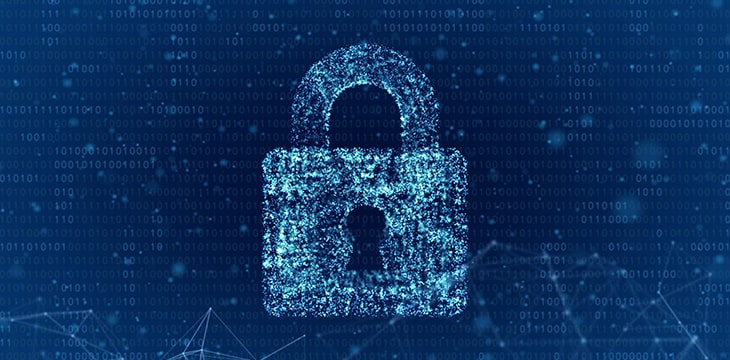|
Getting your Trinity Audio player ready...
|
Laws must pass to enable unmasking of those engaging in digital asset transactions, said the co-chair of the U.S. House of Representatives blockchain caucus this week. Rep. Bill Foster (D) of Illinois also called for Bitcoin transactions to be reversible, to reduce fraud and other illegal activities. He might be surprised to discover that several of these options are already built into Bitcoin’s rules.
Foster admitted in a virtual seminar his suggestions would likely “drive the crypto purists berserk”, but added the measures were necessary before people could feel secure putting a large portion of their net worth into digital assets.
“They’re going to want to have that security blanket of a trusted third party that can solve the problem,” he said.
Foster also suggested courts should have the ability to discover real-world identities of digital asset users with a “very heavily guarded key,” unmasking them to investigators while ostensibly leaving them unknown to the wider public.
He cited recent ransomware/extortion attacks that disrupted energy and supply chains as examples, such as the one on Colonial Pipeline.
Can Bitcoin be compliant? And how?
For a long time, even blockchain enthusiasts have believed privately that it’s difficult to imagine how Bitcoin could coexist alongside (or within) a heavily regulated financial system. The anarchist and rebellious rhetoric that has come from many proponents over the years has often suggested Bitcoin was intended to counter or replace the current system, rather than work with it.
However, there are flaws in those beliefs. Bitcoin transaction records are public and permanent, for starters. While Bitcoin addresses grant a degree of privacy with their pseudonymity, they are not (and have never been) intended as anonymous.
Bitcoin creator Dr. Craig S. Wright has stated several times that it was never his intention to create a lawless payment system. He has spoken at length about how trust breaks down in a society where everyone wears the mask of anonymity.
He has also addressed the issue of “reversible” transactions on the Bitcoin network. Transaction processors (miners), following a court order, could freeze certain UTXOs associated with criminal activities. Anyone able to prove prior ownership of stolen assets could have their assets returned.
While no transaction on the Bitcoin blockchain can be “reversed” per se, it is still possible to amend the records to rectify a situation where assets fell into the wrong hands. This is in keeping with Bitcoin’s basis in double-entry accounting—rather than erase a record so it never existed, blockchain records will show the initial transaction, plus how it was amended, when, and by whom.
The ability to perform these actions already exists in law, and there are economic and legal incentives for transaction processors to comply. What hasn’t happened yet is an actual case where orders to freeze and/or return stolen coins were given.
That may change soon—Dr. Wright himself found himself victim of a 111,000 Bitcoin theft in 2020, and in February 2021 served legal notices on developers of BTC, BCH and BSV informing them of their responsibility to assist in recovering it.
Rep. Foster called for digital asset transactions to be “pseudo anonymous”—but that’s also already the case. Even without obtaining a court order, investigators have a range of forensic options to link addresses using other blockchain records.
If anything, it’s changes to the Bitcoin protocol since it was first released as software that have promoted greater anonymity and made transactions less traceable. Segregated Witness (SegWit), the Lightning Network payments layer and (more recently) the Taproot “upgrades” to BTC have played a part in making transactions “more private”, while adding Schnorr signatures to BCH comes with similar promises.
The IRS has mentioned Lightning, Schnorr signatures and total anonymity-oriented “privacy coins” as issues of concern.
Whether Bitcoin and other digital asset proponents like it or not, Bitcoin was designed from the start to comply with human laws as well as technological ones. Rep. Foster and the blockchain caucus might be advised to look at BSV, the only blockchain that still follows Bitcoin’s original 2009 protocol, with a “set in stone” rule that its fundamental workings never be altered.
Watch: CoinGeek Zurich panel, Triple Entry Accounting on Blockchain

 02-13-2026
02-13-2026 




